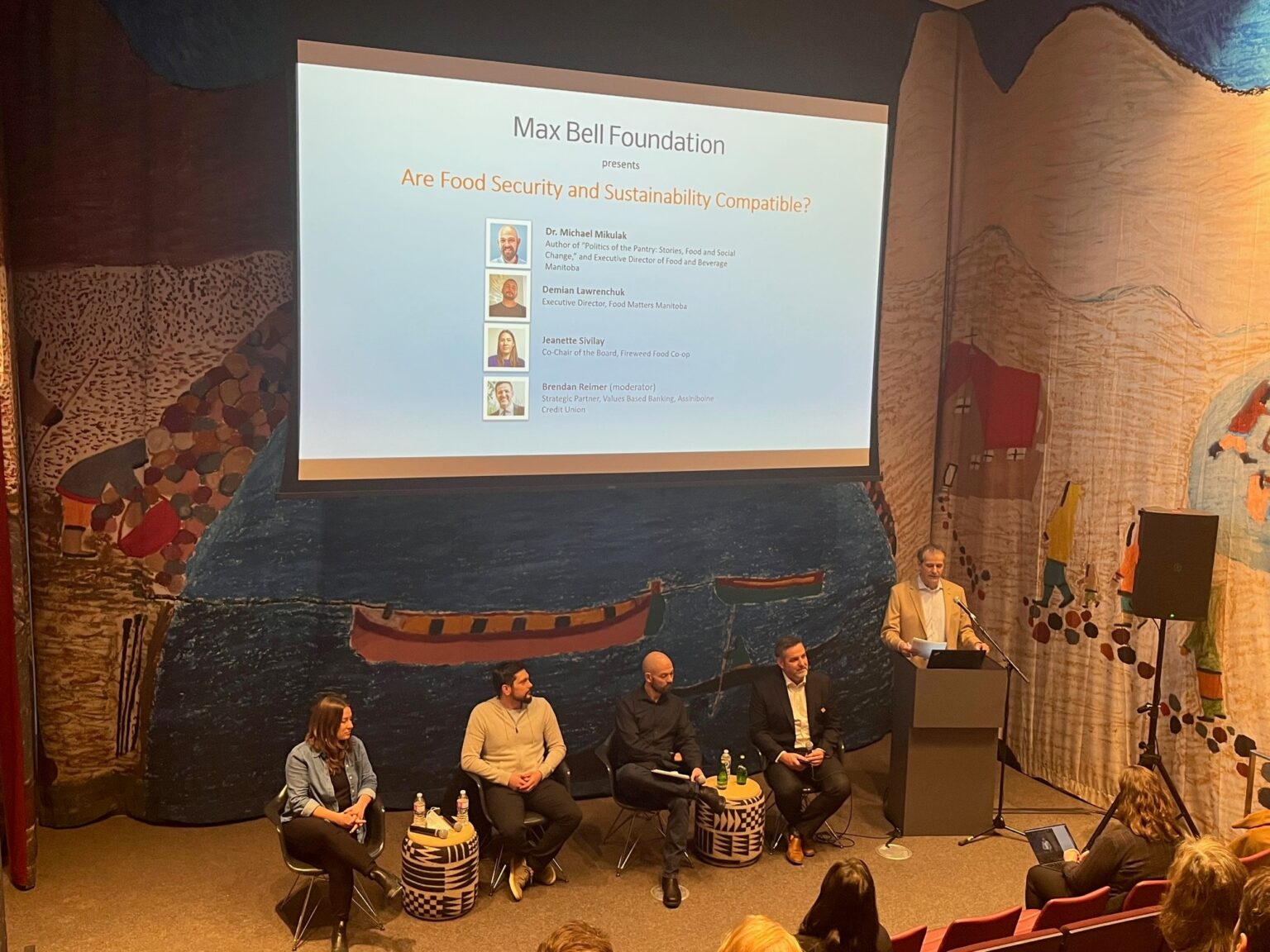
VIDEO LINK AT THE BOTTOM
The Agri-food system impacts the lives of every person, plant, animal, landscape, and water system around the world. The way we grow, process, transport, and eat food has become the driving force behind some of the biggest problems we collectively face. Agriculture is currently responsible for one third of all greenhouse gas emissions, is the primary driver of the biodiversity crisis, and uses a full 70% of all freshwaters. At the same time, food insecurity and malnutrition continue to be critical concerns in Canada and around the world.
From food security and food sovereignty to chronic disease, biodiversity, climate change, and water pollution, the next few decades will see massive changes in how we grow and consume food. As governments realize the huge potential of agricultural soils to draw down carbon, a bigger issue is emerging. Can the priorities of climate change be reconciled with the need for food security? As inflation and the rising cost of fuel drive food costs up, how do policy makers balance the needs of the planet with the needs of their populations? Is food security compatible with climate change mitigation plans? How do policy makers ensure that by solving one problem we aren’t creating another?
The first green revolution in agriculture created an enormous surplus of calories that generated the industrial food system we currently inhabit. What will the second green revolution look like?
On January 10, the Foundation hosted an event at the Winnipeg Art Gallery on the agri-food system’s responses to the competing priorities of food security and sustainability.
Are Food Security and Sustainability Compatible? showcased a panel of three experts representing the private, public, and non-profit sectors. Michael Mikulak, Demian Lawrenchuk and Jeanette Sivilay shared their perspectives on what it takes to build and maintain sustainable, local food systems in the changing contexts of food security and climate action.
The discussion explored several issues at the interface of food production, access and consumption- from the story of ‘modern agriculture’ as a result of our collective choices and the confluence of 1950s priorities (population growth, mass production of cheap food) with more recent ones (food sovereignty and food security, environmentally sustainable agriculture, diet-related diseases); to the story of the periphery and what sustainability looks like once basic human needs are satisfied through mass food production and delivery. The conversation highlighted the remarkable potential for traditional and Indigenous agricultural practices in creating vibrant local food systems, fostering economic development, and cultivating strong connections with the environment.
The panel addressed capturing the “missing middle” of agriculture in Manitoba and creating a food system that is more resilient to shocks as a means to bring food justice and climate justice into alignment. Proposed policy options can be drawn from promising practices happening in other jurisdictions that can be brought into a coherent framework that provides the right incentives, such as support and reducing barriers for small producers, guaranteed minimum income to access local and sustainable food, and promotion of local food procurement in public institutions (schools and hospitals).
The panel concluded with a reflection on the goal of food systems in face of current mass production in relation to trade and commodity export, while sharing collective wellbeing and fostering a harmonious relationship between human beings and their environment.
The event was attended by an in-person audience and was available online via livestream.
To watch the full event, click here.